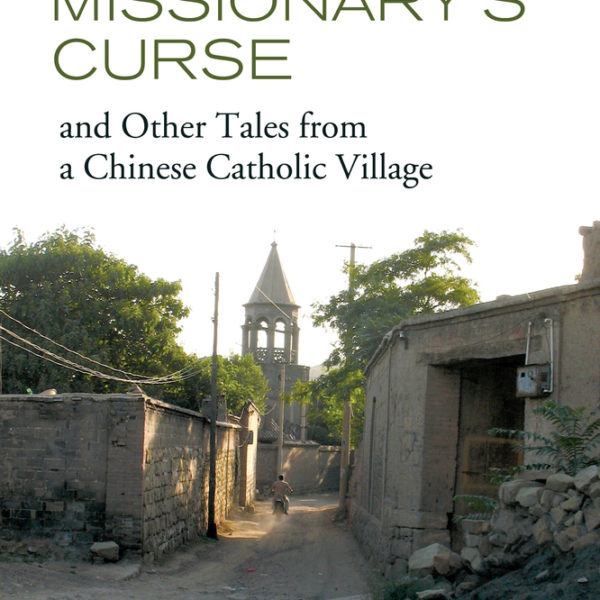“I think China has to face the fact that Mao was a monster, one of the worst people in human history … You’ve got to break the spell.” So spoke Robert Bellah in a recent interview while promoting yet another book, Religion in Human Evolution. We’ll return to Chairman Mao in a moment, but first a few comments about Bellah’s old-fashioned position.

To begin with, if there has never been a clearly identifiable religion of the state – as in Europe – or if China was not established in reaction to such religions – as with the USA – then what does that mean for the traditional and defining terminological opposition of religion and state? The way in which the narrative of political theory has been bequeathed to us in the West moves from inseparable connection to radical rupture. Or, it may trace a constant conflict between temporal popes and European emperors, only to lead to the humiliation of the pope’s temporal claims. Or, it may argue that all theories of the state are really secularised theologies (Schmitt). Yet all of this presupposes a strong contest between two powerful entities, which move back and forth between identity and difference. In a situation where there has never been such a struggle between two powerful entities, let alone a sustained and close alignment of religion and the state, the relation itself cannot be thought in these terms.
